The 8 Essential Benefits of Good Oral Hygiene Routine and Your Health
The 8 Benefits of Good Oral Hygiene Routine and Your Health
Overview: Good Oral Hygiene Routine and Your Health
Do you have good oral hygiene routine? Everyone knows that bad oral hygiene can lead to tooth decay and gum disease. But, what’s oral hygiene, and how does it affect your overall health? People go their whole lives without realizing the severe consequences of not taking care of their teeth and gums. It is also important to use natural oral care products that are free of SLS, fluoride, and other toxic chemicals. The following will discuss 8 benefits of a good oral hygiene routine and how they can affect you and your well-being:
1. Prevent Bad Breath
Nobody wants to be around someone with bad breath. It’s not just embarrassing. It’s also a sign that toxins in your body need to come out. This is why it is important to practice good oral hygiene routine. The natural and non-toxic toothpaste helps wash away food particles in your mouth that bacteria feed on when you brush your teeth. This problem decreases the amount of sulfur-producing bacteria in your mouth, which causes bad breath.1
The bacteria can also make you sick. When you don’t brush your teeth, the germs proliferate and thrive in dark regions of your mouth that aren’t exposed to oxygen. These bacteria release toxins into your body, which can cause other health problems, such as periodontal disease, stroke, and heart disease.
<<<Oral Hygiene: 5 Benefits of Using Essential oils for Good Oral Hygiene>>>
2. Avoid Dental Disease with good oral hygiene routine
Dental disease is the number one cause of adult tooth loss. According to the CDC, nearly half of all adults 20 and older in the U.S. show signs of gum disease.2 Worldwide, WHO estimates almost 3.5 billion people have this affliction.3
Dental disease differs from tooth decay, which is also caused by bacteria. When you get cavities, the disease starts in the enamel of your teeth and then spreads to the dentin. When periodontal disease occurs, the gums pull away from the teeth and form pockets.4 These holes fill with bacteria and food debris, which secrete toxins into your body. If you don’t brush your teeth, this disease can escalate to where the gums recede entirely from the teeth, and bone loss occurs.
3. Maintains Healthy Teeth

When you practice good oral hygiene routine, brushing your teeth keeps the mouth strong and healthy so that they’ll last longer. Flossing helps remove food particles between the teeth not to decay. If you don’t brush your teeth regularly, the food debris in-between your teeth fester there and causes tooth decay.
Yearly dental visits and a good oral hygiene routine ensure your teeth and gums stay healthy. The hygienist helps clean away excess tartar and plaque, which keeps your teeth looking their whitest, and the dentist checks for other problems.
4. Decrease Chances of Developing Other Diseases in Your Body
The toxins released by the bacteria in the plaque can travel into your bloodstream and cause other diseases in your body, such as stroke, heart disease, and periodontal disease. People with gum disease are more likely to have coronary heart disease.5
Dr. Ann Bolger, a cardiologist, and professor explains,
“I spend an inordinate amount of time talking to (heart valve patients) about their teeth because we know certain heart valve infections can be associated with poor oral health.”6
It might also reduce your chances of cognitive disorders, such as Alzheimer’s.
A study published in the Journal of Alzheimer’s & Dementia found the connection.7
“The mouth is home to both harmful bacteria that promote inflammation and healthy, protective bacteria. We found that having evidence for brain amyloid was associated with increased harmful and decreased beneficial bacteria.”
5. Reduce Your Risk of Oral Cancer
Oral cancer can be deadly and hard to detect, making it even more dangerous. Without good oral hygiene routine, you increase your chances of getting this disease. Oral cancer occurs in four people per 100,000 globally.
When you don’t brush and floss regularly, the bacteria in-between your teeth release toxins that damage the surrounding cells. If you don’t notice the early warning signs of oral cancer and don’t catch it in time, you could lose your life.
6. Lower Your Diabetes Risk
There’s a connection between gum disease and diabetes. Diabetes causes chronic inflammation throughout the body, which increases the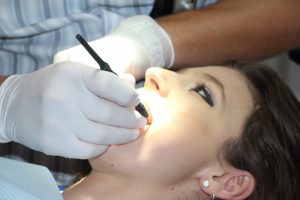
7. Keep Your Natural Teeth Longer
Your teeth will last longer if you take care of them. As you age, the chewing surfaces of your back molars wear away. If you don’t brush your teeth regularly, you will lose them earlier. Dentures and implants are expensive. The process is also painful, time-consuming, and leaves you uncomfortable for some time while you adjust to your new teeth. You may find you can no longer eat things you used to enjoy with dentures or implants, and repairs are costly.
>>>Improve Your Oral Health with 6 Extraordinary Essential Oils<<<
8. Improve Your Overall Health
Dentists believe that good oral hygiene routine is crucial for overall health and wellness, not just for your teeth and gums. It’s vital for people with chronic health conditions to maintain good oral hygiene routine since the mouth is a gateway to the rest of the body. Since people with chronic health conditions are at greater risk for mouth problems, they should always practice good oral hygiene routine, even if they’re already in pain.
Final Thoughts
Now that you know how beneficial a good oral hygiene routine is to your health and well-being, practice it every day. Brush your teeth twice a day and floss at least twice daily. Also, see your dentist regularly for cleanings. These reasonable steps will help maintain good health and reduce your disease risk. Remember, use natural oral care products that are free of SLS, fluoride, and other toxic chemicals.
To Your Health!
References
- “Bad Breath – Symptoms and Causes – Mayo Clinic.” Mayo Clinic, 10 Mar. 2018, https://www.mayoclinic.org/diseases-conditions/bad-breath/symptoms-causes/syc-20350922.
- “Adult Oral Health | Basics | Division of Oral Health | CDC.” Centers for Disease Control and Prevention, https://www.cdc.gov/oralhealth/basics/adult-oral-health/index.html. Accessed 16 Jan. 2022.
- “Oral Health.” WHO | World Health Organization, https://www.who.int/news-room/fact-sheets/detail/oral-health. Accessed 16 Jan. 2022
- Newman, Tim. “Gum Disease and Its Links to Other Conditions.” Medical and Health Information, Medical News Today, 22 Feb. 2019, https://www.medicalnewstoday.com/articles/324485.
- “Heart Disease Prevention: Does Oral Health Matter? – Mayo Clinic.” Mayo Clinic, 10 Nov. 2020,
- “Bad Toothbrushing Habits Tied to Higher Heart Risk | American Heart Association.” Www.Heart.Org
- Communications, Web. “Imbalance in Gum Bacteria Linked to Alzheimer’s Disease Biomarker.” NYU, https://www.nyu.edu/about/news-publications/news/2021/april/gum-bacteria-alzheimers.html. Accessed 16 Jan. 2022.
- “Mechanisms of Inflammation-Driven Bacterial Dysbiosis in the Gut | Mucosal Immunology.” Nature, Springer Nature, https://www.nature.com/articles/mi201675#. Accessed 16 Jan. 2022.
- “Diabetes & Oral Health | National Institute of Dental and Craniofacial Research.” Advancing the Nation’s Oral Health through Research and Innovation | National Institute of Dental and Craniofacial Research, https://www.nidcr.nih.gov/health-info/diabetes. Accessed 16 Jan. 2022.

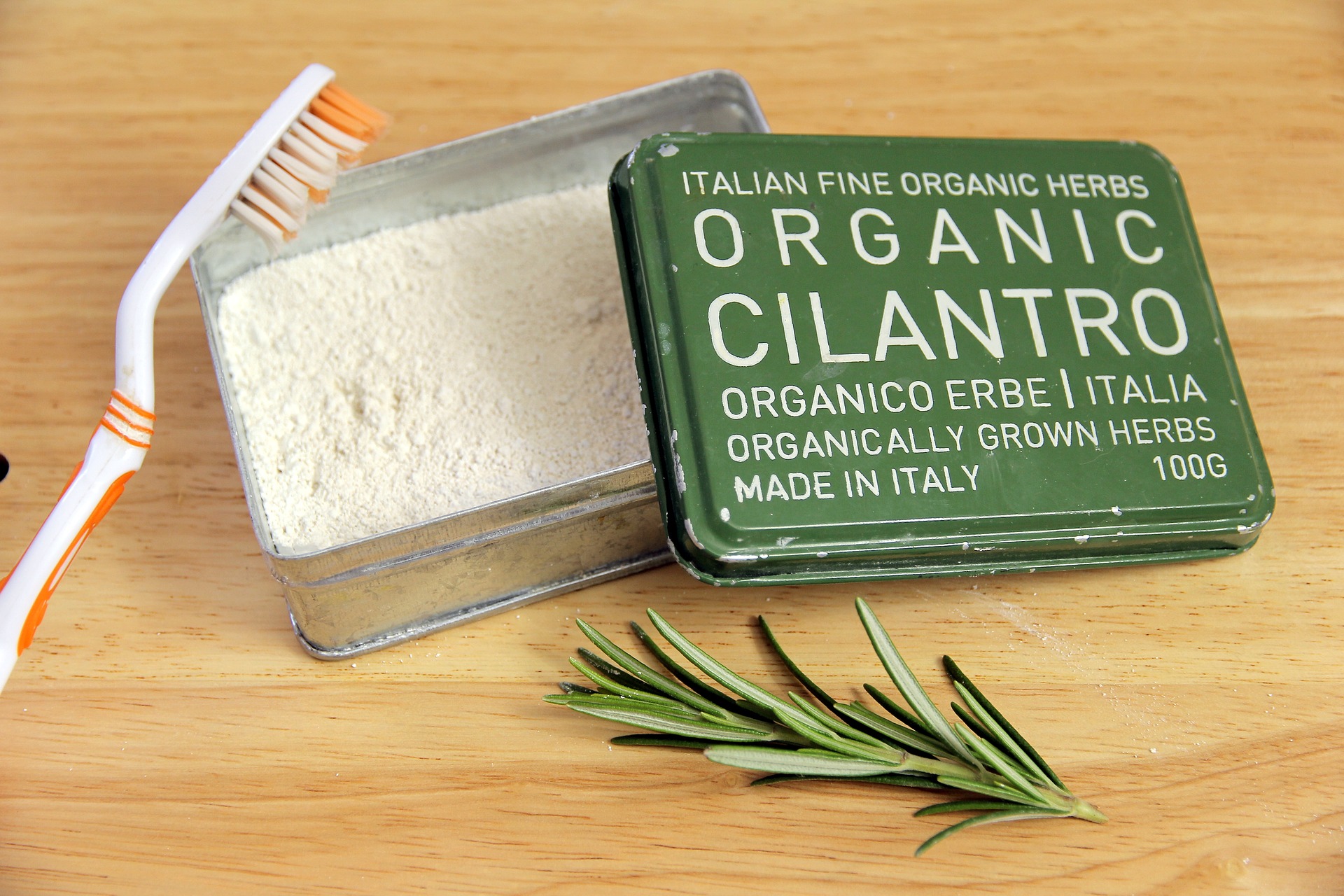
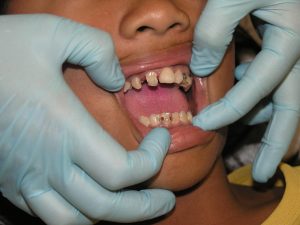




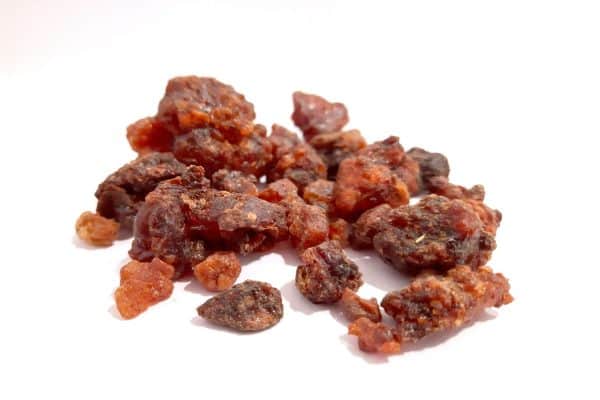







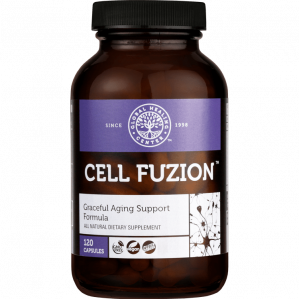











1 Comment
I have read so many posts about the blogger lovers however this post is really a good piece of writing, keep it up